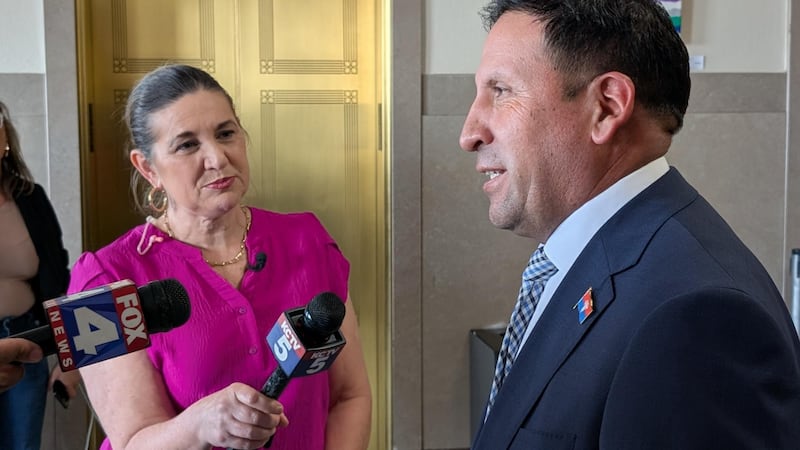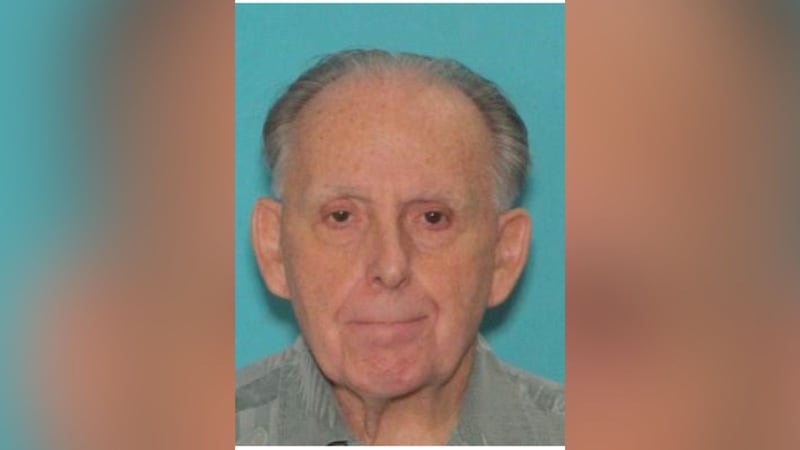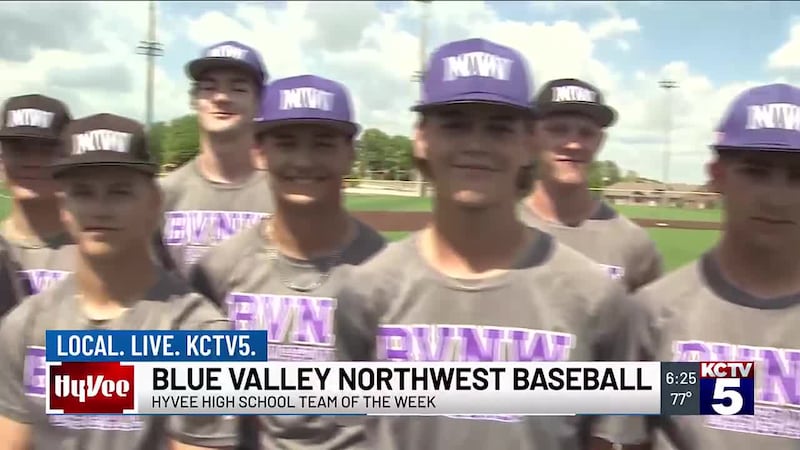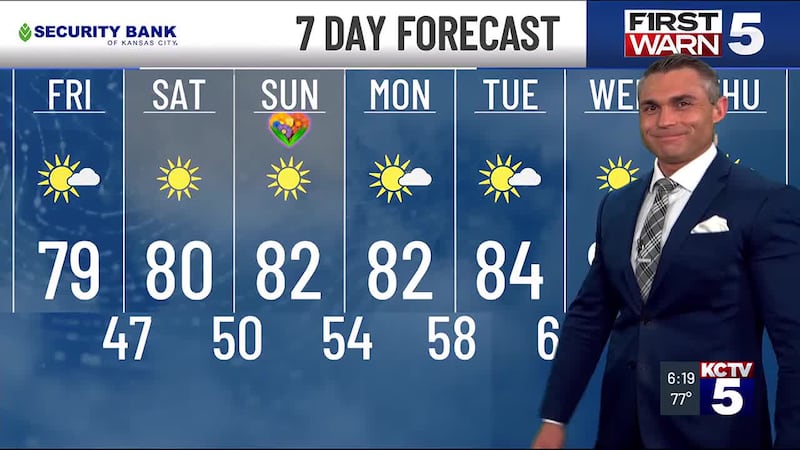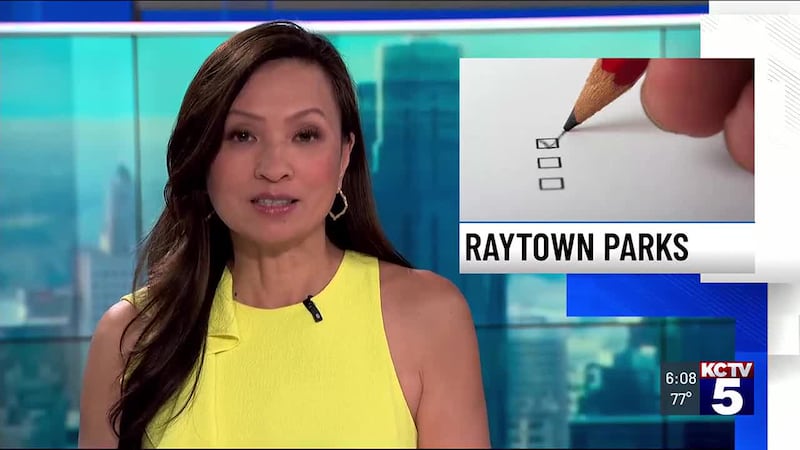Rural Missourians rarely have mental healthcare access. This rancher hopes to change the narrative
KANSAS CITY, Mo. (KCTV) - In a world powered by instant access, speed, and constant connectivity, we seem to take stress for granted. It’s an everyday part of our lives no matter where we may live.
But according to research, rural and agricultural communities may be feeling that stress even more. The suicide rate in rural Missouri counties is 18% higher than in metro counties and is increasing 50% faster.
“There are a lot of reasons why I think mental health has such a big impact on rural communities and people who work in agriculture,” said Macey Hurst.
She is a rancher in mid-Missouri with her mom, sister, and fiancé, and they run Lady Livestock Company. KCTV5 met up with Hurst on her farm in Maries County.
“A lot of us live out in the middle of nowhere,” Hurst said. “Where we are standing right now, there’s not a medical health professional within an hour in any direction.”
Access Issues
Access to mental healthcare professionals remains a significant hurdle for the agriculture community. According to the Health Resources and Services Association (HRSA) every one of Missouri’s 99 rural counties have a shortage of mental health professionals.
A 2020 study by the Missouri Hospital Association found that 57 of those 99 rural counties are without a licensed psychologist or psychiatrist.
“The first line in my needs assessment is ‘rural Missouri is dying,’” said Derek Landes, a social worker for the Missouri Rural Health Association (MRHA). “We’re seeing access shrink even as population overall kind of grows.”
Landes focuses on disparities in healthcare in Missouri’s rural communities. He studies how technology can be used to address certain challenges and ultimately increase care.
“The answer on how to solve it?” he said, “I don’t know.”
But that doesn’t mean they aren’t trying.
“My big project has been developing a platform called Connect. It’s still in its alpha, and I’ve been working on it for four or five years,” Landes said. “The idea is basically, in short, to build our own social media platform.”
The tool would allow easier collaboration with other rural healthcare professionals around the state and country. Innovative ideas could be shared quickly. It would also incorporate people working in advocacy roles so that voices from the rural communities have a stronger say in what they need specifically.
Landes believes a better understanding of rural communities can lead to better care.
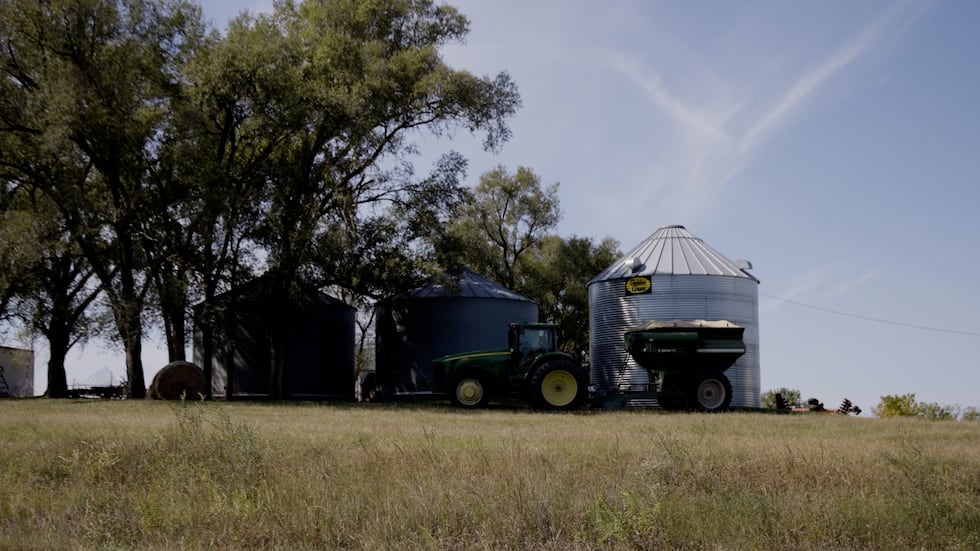
“We couldn’t find stuff that had been proven to work for us. What makes rural different so that we can come up with solutions that are tailored for this community. Not secondhand, slapped on from something that was built for someone else,” said Landes.
Hurst and Landes agreed that technology and Telehealth aren’t a cure-all for Missouri’s mental health crisis, and for good reason.
“Some of us don’t have access to internet. We have poor cell service,” said Hurst. “There’s this sense of isolation.”
“Telehealth is awesome and it is a piece of the solution,” said Landes. “But it is a puzzle piece, and it does not replace boots on the ground.”
Stigmas in rural areas
Landes knows access isn’t the only issue preventing rural Missourians from getting help.
“Almost equal to the hurdle of access is the hurdle of stigma,” he said.
Even if rural counties do have resources, the stigma surrounding mental health keeps many farmers and ranchers from seeking help.
“I call it this kind of cowboy culture,” Hurst said. “They’re tough and they’re rugged. We’ve been doing this hundreds of years and we’ve gotten pretty good at it, but at the same time that means that it’s really hard for a lot of those folks to ask for help.”
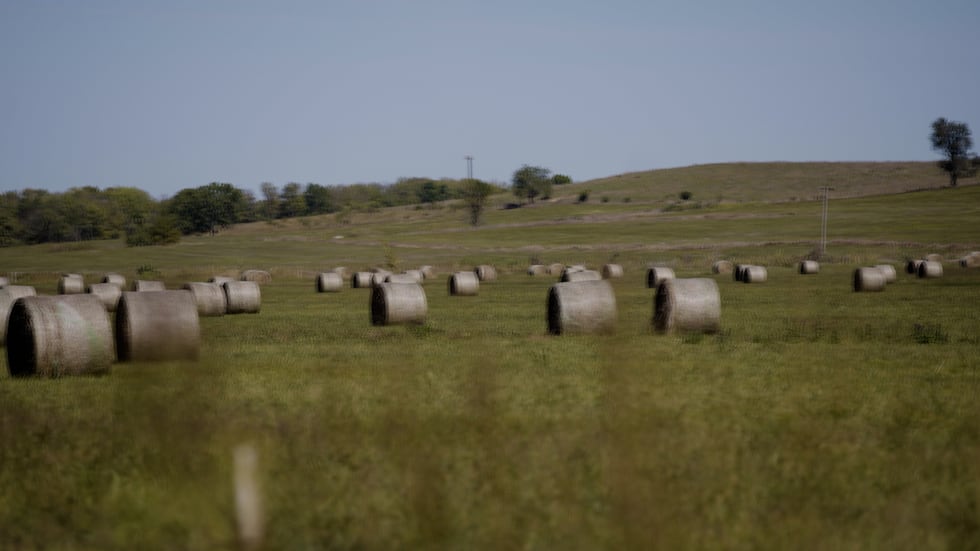
Hurst is a mental health advocate. She openly discussed her own struggles and that she sees a therapist to help her cope with difficult issues. She regularly encourages people in her community to do the same but often receives pushback.
“I’ve heard people use the reasoning of, ‘if I got to a therapist, someone is going to recognize my truck in the parking lot,’” Hurst said.
She hopes that by being more open about her own mental health journey, she can help someone else find help, too.
“So much of the mental health topic in general has to do with just the stigma surrounding asking for help. It’s not an easy thing to do, but I think the more we talk about it, the easier it will get and the more important it will be for people moving forward,” Hurst said.
Resources to help
The state has taken steps to help rural Missourians find help.
The Missouri Department of Agriculture has teamed up with the AgriSafe Network, a non-profit organization made up of health professionals who work to reduce health disparities in agriculture communities.
The AgriStress Helpline is a free, confidential, and agriculture-focused resource. If you or someone you know is struggling with mental health, you are encouraged to call or text the AgriStress Helpline. That number is (833) 897-2474.
Kansas offers services too. You can find those here.
Hurst knows having someone to talk with who can relate to agriculture-related stress can make all the difference.
“My therapist isn’t a farmer. He’s not a rancher. He has no idea what some of the struggles that I go through on the farm or ranch are. So, whenever they create programs, and they bring in resources that understand the struggles of a farmer or rancher… I think that’s crucial.”
If you need someone to speak with, the health crisis hotline is 988.
For more KCTV5 Special Reports, click here.
Copyright 2024 KCTV. All rights reserved.

